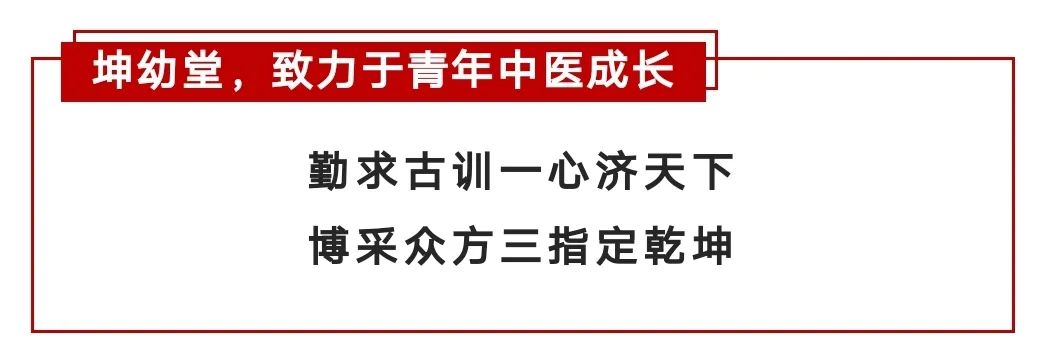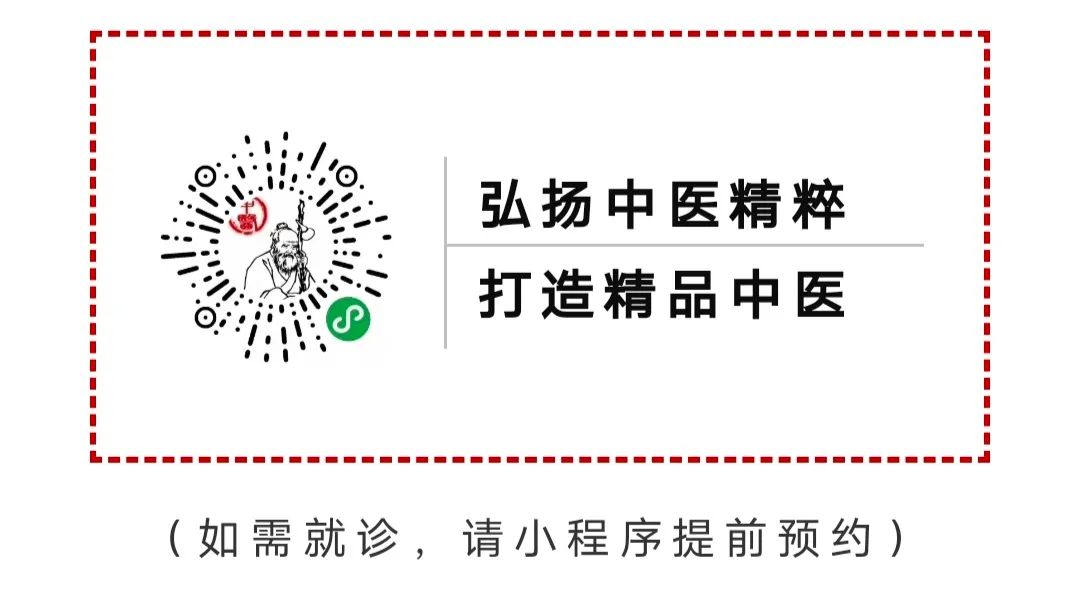
This article is approximately 1800 words.
Traditional Chinese Medicine (TCM) has significant advantages in treating externally contracted diseases. At Kun You Tang, we have treated numerous patients with fever and accumulated extensive experience. Previously, we often educated patients on proper care knowledge, but many were still misled by incorrect care practices, leading to prolonged illness or residual symptoms, which is truly regrettable. Therefore, it is necessary to write this article for clarification.
1. Avoid ice packs, cold compresses, and alcohol baths for physical cooling
Externally contracted fever, historically referred to as “Shang Han Re Bing” (伤寒热病), indicates that the cause is the invasion of cold pathogens, while “Re Bing” (热病) refers to the manifestation of fever. Conditions such as COVID-19, influenza, and the common cold are mostly classified as Shang Han, especially in northern regions. In the early stages of this fever, a common symptom is aversion to cold. Some individuals may initially experience chills, but as the fever escalates, the high temperature can mask the sensation of cold. However, one will notice that the body is dry and lacks sweat. Even those who could sweat during activity may find it difficult to sweat when experiencing chills and fever, or may only sweat slightly for a short duration. These symptoms are primarily due to the invasion of cold pathogens.
In such cases, it is crucial to maintain warmth, avoid wind and cold, and ideally rest in bed covered with blankets, minimizing outdoor activities. Physical cooling methods such as ice packs, cold compresses, and alcohol baths should be avoided. From a TCM perspective, physical cooling can exacerbate the condition. During fever, the pores are open, and such practices can lead to an increase in cold pathogens trapped inside, potentially worsening the external symptoms and prolonging the duration of fever. Frequent use of physical cooling can cause cold pathogens to penetrate deeper, leading to recurrent susceptibility, difficulty in clearing phlegm and dampness, and leaving behind respiratory issues such as cough and asthma, which can persist for months. This is especially true for children, whose organs are delicate and easily affected by external pathogens; thus, they should never be subjected to cold treatments indiscriminately. From a Western medical perspective, ice packs and alcohol baths can cause peripheral vascular spasms, leading to a rapid decrease in heat dissipation, and may also trigger headaches and body aches.
Old Master Yao once discussed a very typical case: a 16-year-old boy who had been using ice packs for physical cooling for over four years, resulting in persistent fever. He rarely sweated and sought treatment everywhere, spending a lot of money without a cure. Only after receiving proper care and TCM treatment to dispel cold and promote sweating was he able to reduce his fever. Such cases are far too common, and parents must take this seriously and avoid incorrect treatments.

2. Be cautious with intravenous fluids and antibiotics
COVID-19, influenza, and the common cold are viral infections, and antibiotics target bacteria. They not only have no effect but can also lead to a decrease in immunity. Antibiotics can severely disrupt the gut microbiota; just five days of antibiotic use can significantly damage the gut flora, killing a large number of bacteria. Restoring the gut flora to pre-medication levels can take weeks or even months, and it may not fully recover. When gut flora is low, digestive and absorption capabilities decrease, leading to lowered immunity. TCM teaches that the spleen is the foundation of postnatal health, and the Wei Qi (卫气) or immune system originates from the spleen. A healthy spleen and stomach ensure strong vital energy and good immunity.
Intravenous fluids consist of cold liquids, and the human body requires a constant temperature to maintain normal organ function. When cold liquids are introduced into the bloodstream, the body must use its Yang Qi to heat them to body temperature. This process consumes the body’s Yang Qi and vital energy, which can lead to lingering coughs that do not resolve, and in severe cases, pneumonia.
3. Avoid cold foods
TCM states, “Cold food and drinks harm the lungs.” In addition to keeping warm, dietary choices should also avoid raw and cold items, such as ice cream, cold drinks, and any food below body temperature.
Moreover, during fever, appetite is generally poor, and patients should not be forced to eat large amounts of food, especially greasy or hard-to-digest items. It is best to consume light rice porridge.
Many people believe that fever depletes body fluids and thus drink excessive amounts of hot water. This should be done in moderation; some individuals do not lack fluids and do not feel thirsty, so they do not need to drink excessively. We have seen cases where parents forced their children to drink hot water, resulting in vomiting, and upon examination, the stomach was filled with water that could not be absorbed, causing additional burden.

4. Adults should avoid staying up late and sexual activity
Generally, children receive better care during fever, but adults often find it difficult to follow medical advice. During fever, it is essential to rest well and not to push oneself to work late, as this can lead to decreased immunity and hinder recovery.
Engaging in sexual activity after fever or during illness can exacerbate the condition, a phenomenon referred to in TCM as “Jia Yin Shang Han” (夹阴伤寒). The Shang Han Lun states: “When blood is weak and Qi is exhausted, the pores open, allowing evil Qi to enter and mix with the righteous Qi… The righteous and evil Qi contend, leading to alternating cold and heat.” Insufficient Qi and blood make one susceptible to external pathogens, often leading to prolonged illness. Sexual activity depletes kidney Qi, which can lower immunity. If the body is already unwell, engaging in sexual activity can easily lead to the invasion of external pathogens. After an external invasion, if the evil Qi is strong or the body is weak, the struggle between righteous and evil Qi can intensify, making sexual activity more likely to worsen the condition. Old Master Yao once recounted a very severe case of a male patient with external contracted fever who, due to a long absence from his wife, did not restrain himself after falling ill, resulting in a poor prognosis and death. While this is an extreme case, it illustrates the impact of sexual activity on illness.
5. Infants and young children should be cautious of febrile seizures
Generally, children under five years old may experience febrile seizures, which are characterized by upward eye rolling, foaming at the mouth, cyanosis of the lips, rigidity and shaking of the limbs, and unresponsiveness, lasting several minutes. These seizures typically do not affect the nervous system. If a febrile seizure occurs, parents should ensure the child is in a lateral position to keep the airway clear and prevent secretions from entering the trachea, and seek medical attention promptly.
How does TCM determine if a child is at risk for febrile seizures? It mainly depends on the temperature of the hands and feet. If the hands and feet are cold during fever, especially the fingers, there is a possibility of febrile seizures. It is necessary to warm the child’s hands and feet promptly. If they cannot be warmed and the child’s mental state is poor, it is advisable to seek medical attention immediately.


